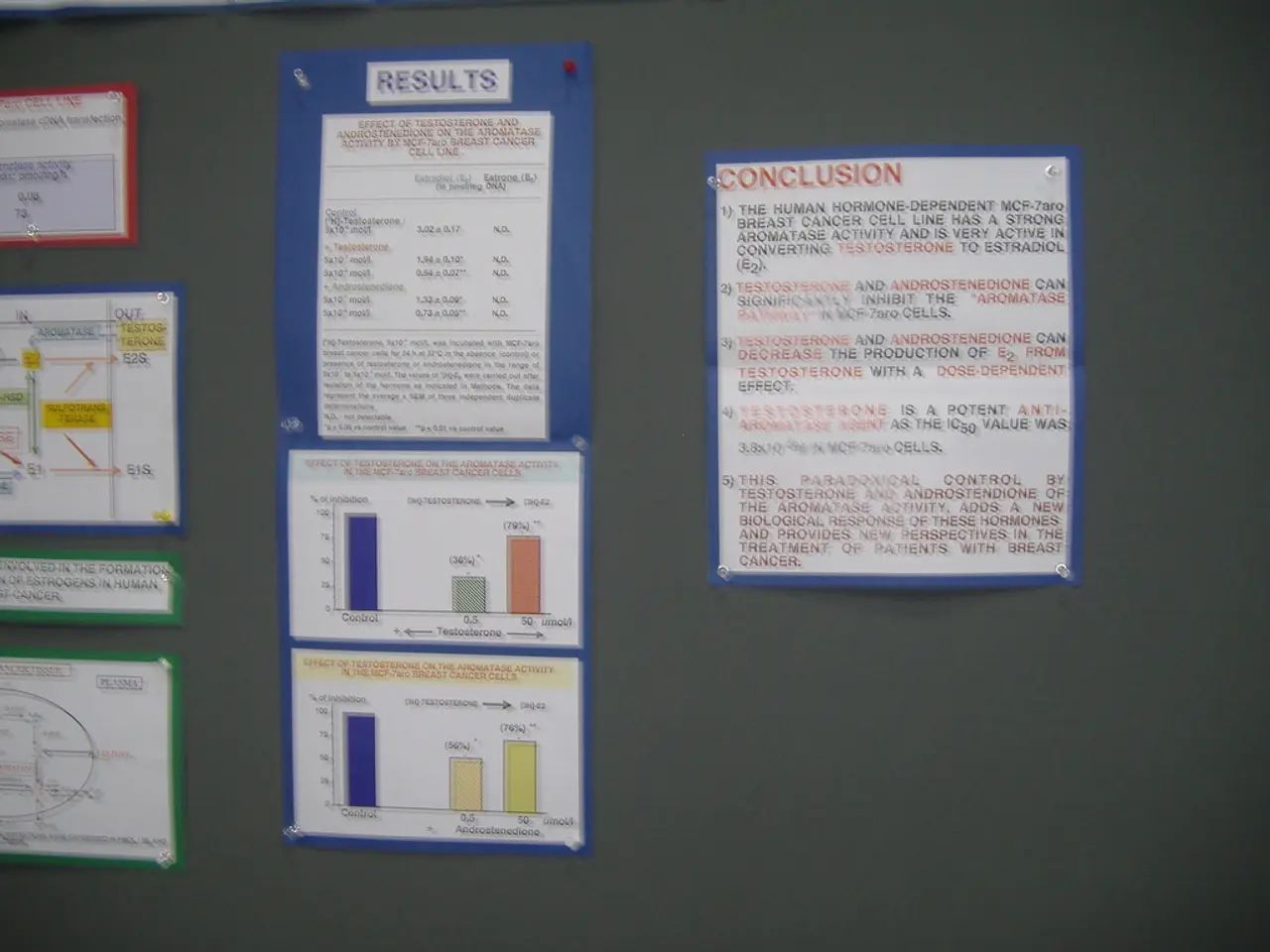"Trump's Decision on Switzerland': Exploring the Reason Behind Hefty Trade Taxes Imposed"
The United States has imposed a 39% tariff on imports from Switzerland, a move primarily driven by a significant trade deficit between the two countries. In 2024, this deficit stood at approximately 38.5 billion Swiss francs ($48 billion), a figure that the Trump administration considers a national security risk [4]. This tariff rate is significantly higher than the 15% levies imposed on other countries like the EU, Japan, and South Korea [2][4].
The pharmaceutical industry is at the heart of this decision. Swiss pharmaceutical companies, such as Novartis and Roche, account for nearly half of Swiss exports to the US, a substantial portion of the Swiss trade surplus. Simultaneously, the Trump administration is putting pressure on pharmaceutical companies worldwide to lower drug prices in the US by demanding they charge US consumers the same prices as other countries pay [2].
This double squeeze—high tariffs and pricing pressures—poses a threat to tens of thousands of jobs in Switzerland’s pharmaceutical and related industries, which are crucial to Swiss economic exports [2].
The US's focus on the trade deficit with Switzerland and the targeting of Swiss pharmaceutical exports are part of a broader push to regulate drug prices for American consumers [2][4].
Switzerland, however, has options. The Swiss government had hoped for a lower tariff after negotiations with the Trump Administration, and the legal route may be a further option if talks fail [3]. Additionally, Professor Thomas Cottier, emeritus of European and International Economic Law at the University of Bern, believes the tariffs are illegal and violate WTO rules [5].
On a positive note, Swiss pharmaceutical giants like Roche and Novartis have announced plans to invest tens of billions of dollars in the United States [6]. Furthermore, economist Adrian Prettejohn at Capital Economics believes the high tariff rate on Switzerland may be negotiated down in the future [7].
Interestingly, Swiss daily Blick reported that the deficit would actually 'only' be 18 billion Swiss francs if tech companies like Meta and Alphabet were taken into account [8].
Despite the challenges, an agreement between the US and Switzerland is still possible, according to US finance minister Scott Bessent [1]. The Swiss president, Karin Keller-Sutter, wrote on X that the trade deficit was the centre of Trump's preoccupation [3]. Trump's focus on the trade deficit with Switzerland remains a central concern [9].
In nine million people in Switzerland, more is spent per capita on US products than the more than 340 million Americans spend on Swiss products [10]. As negotiations continue, the outcome will have significant implications for both economies.
- The high tariff imposed on Switzerland by the United States, affecting industries like pharmaceuticals, finance, and general news, is part of a broader push to regulate drug prices for American consumers, while the Swiss government is considering legal routes and negotiations as potential solutions.
- The US-Swiss trade dispute, particularly in the pharmaceutical industry, has far-reaching implications, as it not only threatens jobs in Switzerland but also impacts the finance sector and general news, with further negotiations essential for both economies.




